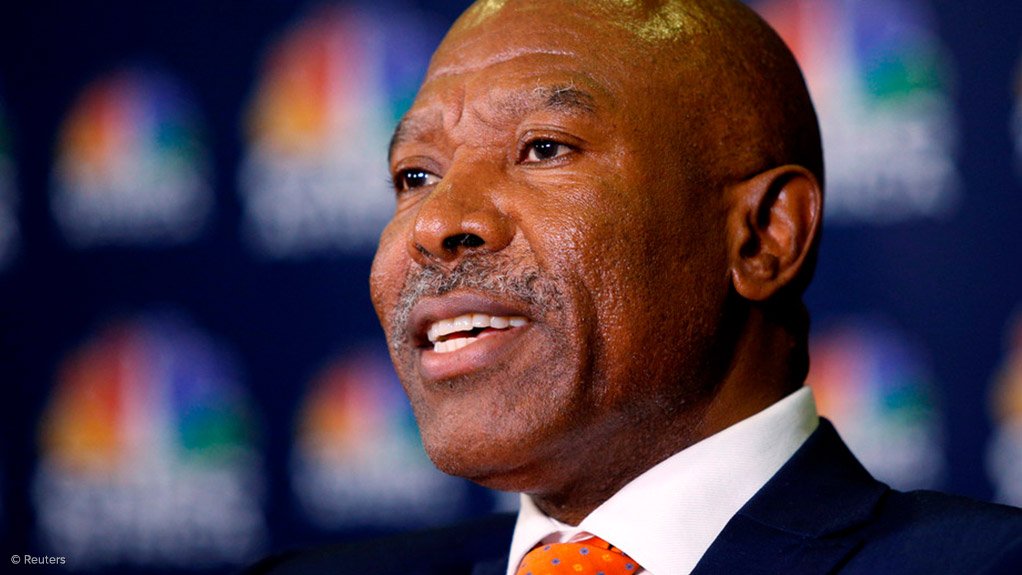The South African economy faces major challenges and economic growth was weak as unemployment remained high despite terms of trade being favourable and global recovery, however, it should not be a difficult task to turn things around, South African Reserve Bank (SARB) Governor Lesetja Kganyago said on Thursday.
“We have good ideas for addressing these problems, but regulatory and policy uncertainty as well as corruption and a lack of direction in some areas have all sapped consumer and investor confidence and weakened private-sector investment,” Kganyago said speaking at the fifth SA Tomorrow Investor Conference in New York, America.
“It should not be a difficult task to turn things around. Setting out some investment-friendly ambitions for the economy and reducing political uncertainty would go a long way towards boosting confidence. As is often said, raising confidence is the cheapest form of stimulus.”
Kganyago said that given the economy’s “poor performance”, there was an understandable focus on the negatives, however, he urged people not to forget that there were also positives.
He said that the positives included a much smaller current account deficit – which has made the rand more resilient to risks; and some moderation in inflation, which has eased the near-term pressure on monetary policy.
“Given our enhanced focus on keeping inflation expectations low, this could extend well into the future,” he said.
He spoke about South Africa focusing on the need for rebalancing and said that the SARB would continue to focus on its constitutional mandate to pursue price stability.
Kganyago said that this would be the best contribution to make to South Africa’s economy because it would create the conditions for long-term investment decisions that would generate jobs.
“However, this will be done within a flexible inflation-targeting framework, always mindful of the trade-offs and the impact we may have on growth in the short run. This balancing is important. It implies that, while our bi-monthly monetary policy deliberations have become intensely data-dependent and are likely to remain so with uncertainty and risk high, we will continue to see through the noise and focus on long-run outcomes,” he said.
“This stability in our approach to monetary policy can contribute to better long-term inflation outcomes and therefore a more favourable environment for investment. In conjunction with appropriate structural and confidence-boosting policies, there is no reason why we cannot get investment and growth going again and make South Africa an investment destination of choice once more.”
EMAIL THIS ARTICLE SAVE THIS ARTICLE
To subscribe email subscriptions@creamermedia.co.za or click here
To advertise email advertising@creamermedia.co.za or click here











